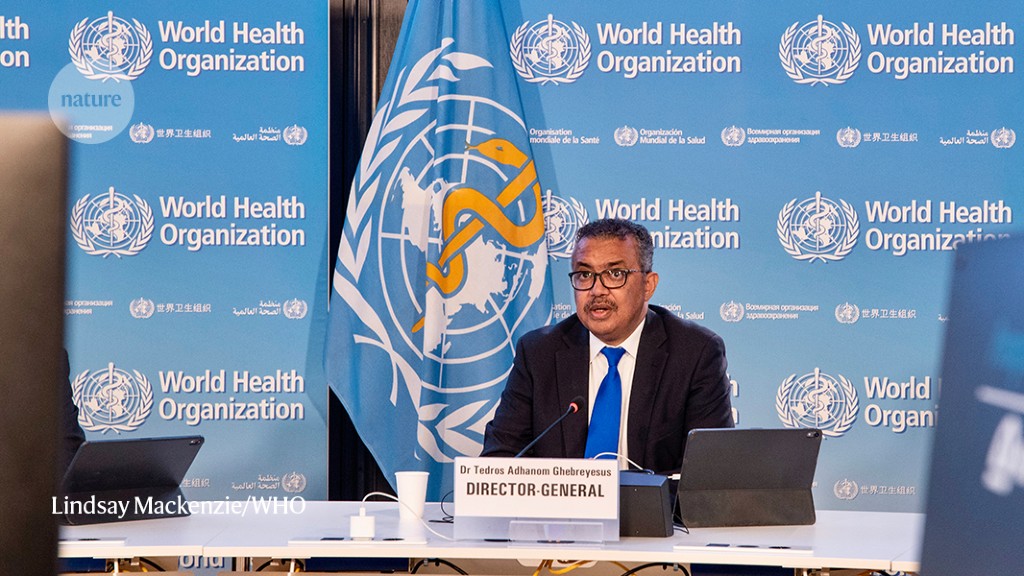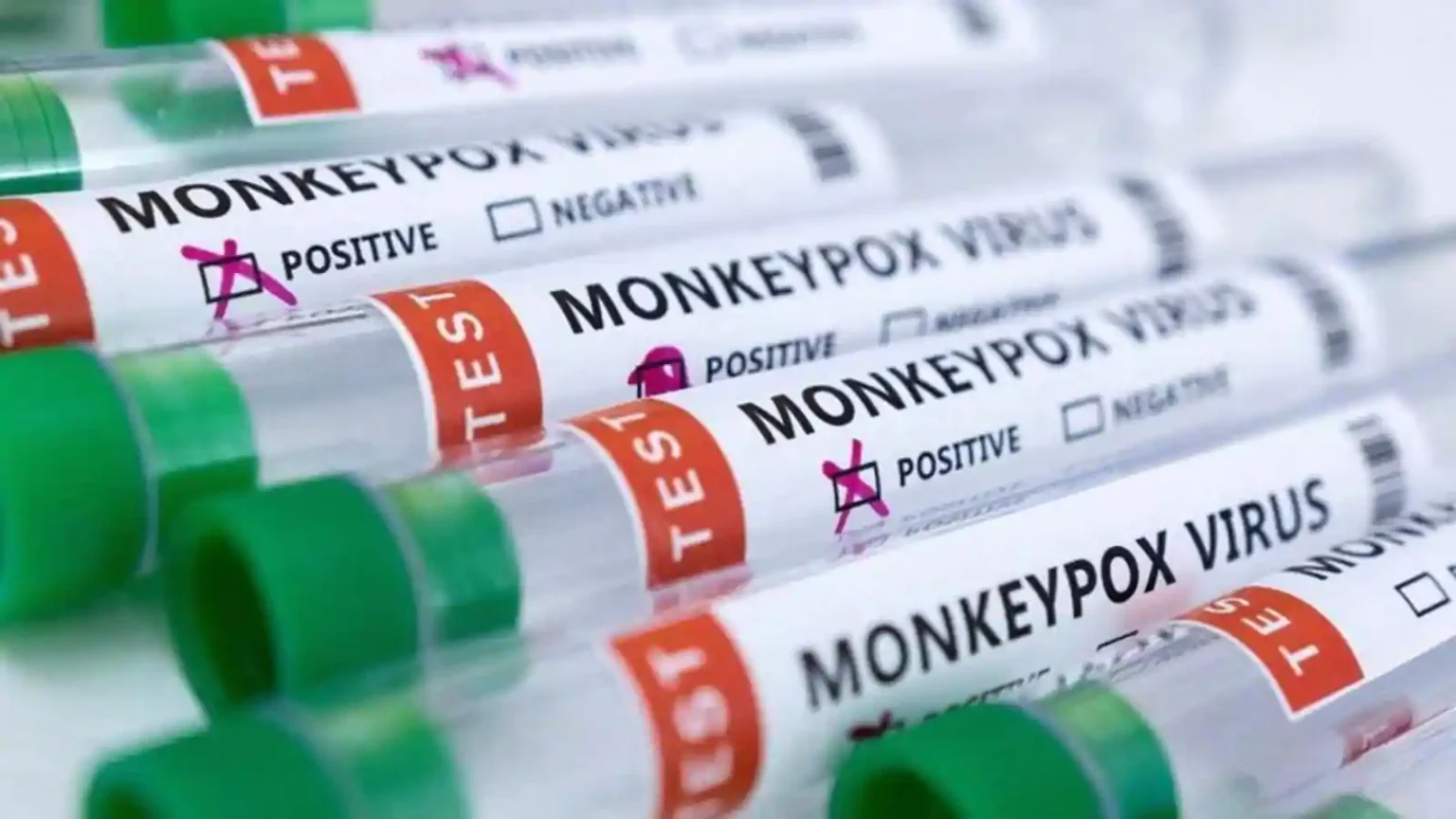WHO says monkeypox remains a worldwide health emergency
The World Health Organization reported during the third meeting of the International Health Regulations (IHR) (2005) emergency committee that more nations have rapidly responded to the outbreak with a number of public health initiatives, and the cases are already reducing.

According to the World Health Organization, monkeypox is still a serious threat to people’s health all around the world.
What is monkeypox?
Monkeypox is a viral zoonosis, which means it is a virus that is transferred to humans from animals. It has symptoms that are comparable to those that were observed in the past in patients who were suffering from smallpox, despite the fact that it is medically less serious.
Area of concern
The committee came to the conclusion that monkeypox continues to fulfill the International Health Regulations (IHR) requirements for a Public Health Emergency of International Concern (PHEIC), and they explained the major factors for this finding.
The factors are-
There is no proper balance between preparation and response in different states which can have a bigger effect on the health of vulnerable groups.
Continued exposure to social prejudice and discrimination, and a number of underdeveloped countries have inadequate health care systems, which leads to underreporting of diseases.
Persistent problems with unequal access to diagnostic tools, pharmaceuticals, and immunizations, as well as gaps in research.
During a media briefing, WHO Chief Tedros Adhanom Ghebreyesus called monkeypox a “public health emergency.” This time it appears to be mostly affecting men who engage in sexual activity with other men, and in particular, those who have more than one sexual partner, he added.
Symptoms of monkeypox
According to doctors, its symptoms are severe skin rash following the fever, headache, bodily pain, and fatigue.
Precautions need to be taken–
It is essential to protect oneself during this epidemic by wearing a mask, as the secretion that is released from the body can cause illness.
Doctors are concerned due to the fact that so many people travel to India from different regions of the world, the virus could potentially spread.
Doctors who are continuously treating patients say that we cannot afford to be careless. Everyone in the household who has a fever with rashes needs to immediately separate themselves and stay away from the others in the family. A person’s health condition will improve in 2-4 weeks. The individual, however, should remain inside throughout this time period. This will put a stop to the chain of transmission.
Out of every 100 people infected with monkeypox, there is an estimated 2–3 percent fatality risk. People of all ages, particularly children and women, as well as those who have diabetes or kidney failure, are at an increased risk of contracting monkeypox.
According to the news agency Reuters, there have been over 16,000 instances of monkeypox reported this year in more than 75 countries and five deaths have also occurred in Africa, as a result of the disease.
After a Nigerian national tested positive for the virus in Delhi, a total of 12 instances of monkeypox were reported in India up till the previous week.
Read More: Does monkeypox affect a person’s heart health?













